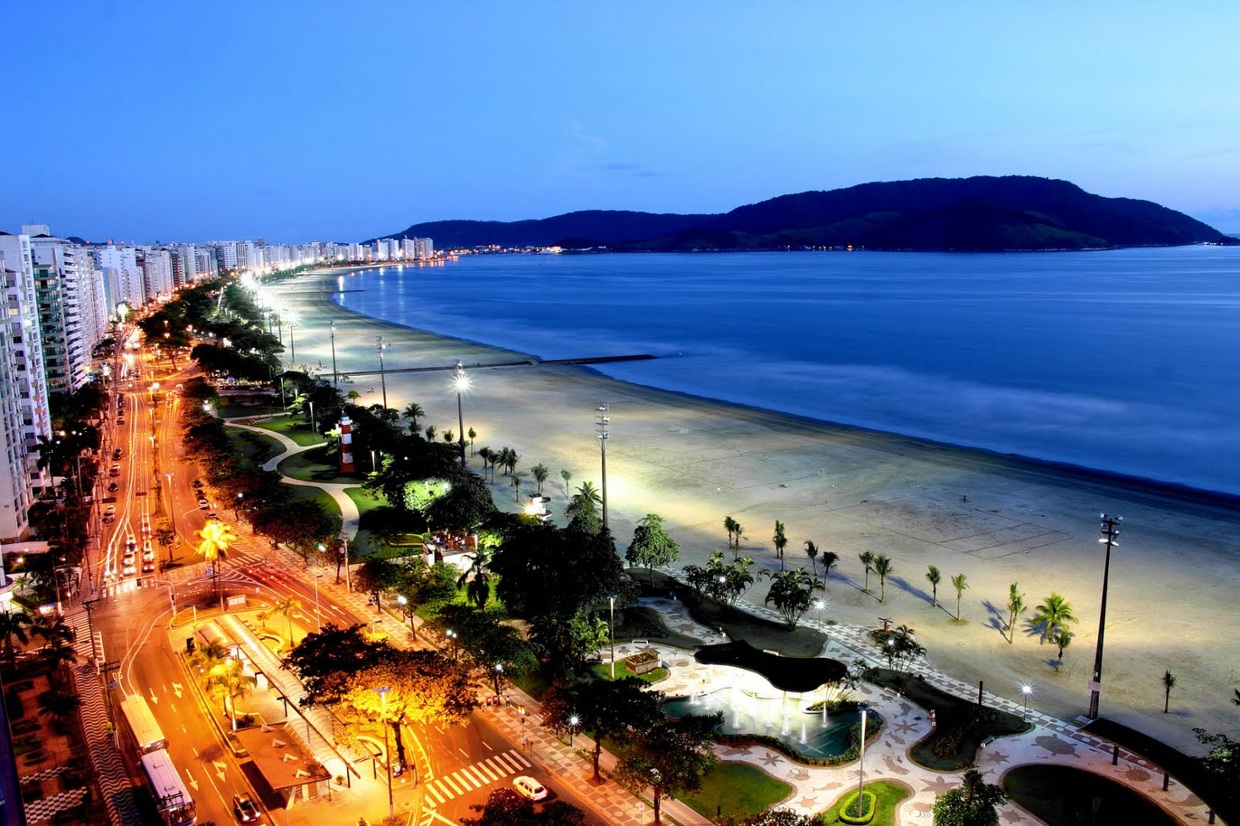

| Cruise Region : Mediterranean Sea |
| Company : MSC Cruises |
| Ship : MSC Lirica |
| Journey Start : Fri 07 Nov 2025 |
| Journey End : Fri 28 Nov 2025 |
| Count Nights : 21 night |
| Day | Port | Date | Arrival | Departure |
|---|---|---|---|---|
| 1 | Venice / Italy | Fri 07 Nov | 18:00 | |
| 2 | Day at sea / Sea | Sat 08 Nov | ||
| 3 | Corfu / Greece | Sun 09 Nov | 08:00 | 19:00 |
| 4 | Day at sea / Sea | Mon 10 Nov | ||
| 5 | Syracuse / Italy | Tue 11 Nov | 07:00 | 18:00 |
| 6 | Sicily Palermo / Italy | Wed 12 Nov | 07:00 | 17:00 |
| 7 | Day at sea / Sea | Thu 13 Nov | ||
| 8 | Valencia / Spain | Fri 14 Nov | 08:00 | 17:00 |
| 9 | Day at sea / Sea | Sat 15 Nov | ||
| 10 | Day at sea / Sea | Sun 16 Nov | ||
| 11 | Santa Cruz, oh. Tenerife (Canary Islands) / Spain | Mon 17 Nov | 09:00 | 17:00 |
| 12 | Day at sea / Sea | Tue 18 Nov | ||
| 13 | Day at sea / Sea | Wed 19 Nov | ||
| 14 | Day at sea / Sea | Thu 20 Nov | ||
| 15 | Day at sea / Sea | Fri 21 Nov | ||
| 16 | Day at sea / Sea | Sat 22 Nov | ||
| 17 | Recife / Brazil | Sun 23 Nov | 09:00 | 18:00 |
| 18 | Day at sea / Sea | Mon 24 Nov | ||
| 19 | Day at sea / Sea | Tue 25 Nov | ||
| 20 | Armasan-dus-Buzius Armasan-dus-Buzius / Brazil | Wed 26 Nov | 09:00 | 19:00 |
| 21 | Rio de Janeiro / Brazil | Thu 27 Nov | 08:00 | 18:00 |
| 22 | Santos, Sao Paulo / Brazil | Fri 28 Nov | 08:00 |
The cruise booking conditions may vary depending on the itinerary, season, and selected package. However, the basic conditions include:
1. **Deposit and Full Payment:**
- A deposit of 30% is required to confirm the booking.
- Full payment is usually required 60-90 days prior to departure. For late bookings, full payment may be required immediately.
2. **Cancellation and Penalties:**
- Cancellation penalties depend on the time remaining before departure. The closer to the departure date, the higher the penalties.
- More than 60 days before departure: €50 per person
- 59 to 30 days: 30% of the total price
- 29 to 22 days: 50%
- 21 to 15 days: 70%
- Less than 14 days before departure: 100%
3. **Booking Changes:**
- Passenger substitutions are subject to an additional fee of €50 per person.
4. **Insurance:**
- It is recommended to purchase travel or medical insurance to cover potential costs in case of cancellation or changes to the booking, as well as medical expenses during the cruise.
5. **Document Requirements:**
- All passengers must have valid passports and visas for visiting countries (if required by the destination) on the cruise itinerary. The responsibility for obtaining visas lies with the passengers.
Important: MSC reserves the right to change the cabin to the same category or higher. However, MSC will do everything possible to avoid changing the cabin.
Additional costs:
Additionally paid on the liner:
For any purchase of goods on the liner in bars, restaurants, shops and services in the spa center, hairdresser, etc. you will be additionally charged a service fee, which will average 15% of the purchase price.
The standard cruise fare typically does not include a drink package. You may choose and add an appropriate drink package to your cruise.
Drink package rules:
- All guests sharing a cabin, including children over 3 years old, must book a drink package. For children, a MINORS PACKAGE is available.
- Seating together in the main restaurant for dinner is only possible if all guests have booked the same drink package or none at all.
- Packages are for personal use only; cruise cards cannot be shared. Only one drink can be ordered per request. If misuse of the package occurs, the cruise company reserves the right to block the package without refunding the remaining days.
- Drink packages are valid every day throughout the cruise and cannot be purchased for individual days.
- Packages are not valid in specialty bars, cafés, and restaurants, including:
- Venchi 1878 establishments, Jean-Philippe Maury venues, MSC Virtuosa Starship Club, MSC World Europa Coffee Emporium, MSC World Europa Raj Polo Tea Room.
- Due to Saudi Arabian law, alcoholic drinks are not available while docked in Saudi Arabian ports. Alcoholic beverages will only be available once the ship leaves the port and is at sea.
- Drink packages purchased onboard will be more expensive than those bought when booking the cruise.
- Detailed lists of drink packages will be available onboard.
- Packages are valid on Sir Bani Yas and Ocean Cay islands.
Prices per person, per day:
Mediterranean; Northern Europe; UAE & Persian Gulf; Red Sea; Caribbean from Fort-de-France*
EASY PACKAGE (adults 18+)
- Cruises 1-7 days: €43
- Cruises 8+ days: €39
√ a selection of classic cocktails, house spirits and mixed drinks
√ non-alcoholic cocktails
√ dedicated selection of house wines by the glass, beer, sodas, fruit juices
√ bottled mineral water
√ classic hot drink (espresso, cappuccino, coffee latte, hot tea)
Valid: 24/7 in select onboard bars, main restaurants, and buffet (excluding specialty restaurants).
EASY PLUS PACKAGE (adults 18+)
- Cruises 1-7 days: €57
- Cruises 8+ days: €54
All drinks priced up to €9 or $10*
√ frozen and classic cocktails, variety of spirit brands, liquors and cordials
√ a selection of wine by the glass
√ a 10% discount on bottled wines purchased onboard
√ a wide variety of draft and bottled beers, non-alcoholic cocktails, soft drinks
√ mineral water
√ coffee drinks, hot chocolate and hot teas
The Easy Plus Package covers all the above served at our bars, buffet, main restaurant and specialty restaurants. What’s more, it also includes Ocean Cay MSC Marine Reserve and other exclusive MSC destinations.
*€9 for European, Dubai, Abu Dhabi and Qatar, Egypt, Red Sea & Saudi Arabia, and Antilles cruises; $10 for Caribbean, Northern America, South America and Asia cruises.
Valid: 24/7 in onboard bars, main restaurants, buffet, and specialty restaurants.
PREMIUM EXTRA PACKAGE (adults 18+)
- Cruises 1-7 days: €77
- Cruises 8+ days: €74
All drinks priced up to €14 or $16*
√ an extensive variety of frozen and classic cocktails, premium brand spirits, liquors and cordials
√ a varied selection of wines and champagne by the glass
√ a 25% discount on bottles of wine and champagne purchased on board
√ our entire selection of draft, craft and bottled beers, sodas, fruit juices
√ mineral water, energy drinks
√ coffee drinks, hot chocolate and teas
Valid: 24/7 in onboard bars, main restaurants, buffet, and specialty restaurants.
ALCOHOL-FREE PACKAGE (adults 18+)
- Cruises 1-7 days: €26
- Cruises 8+ days: €24
√ a wide choice of alcohol-free cocktails, sodas, energy drinks
√ mineral water, flavored water, fruit juices
√ classic coffee drinks and coffee specialties, hot chocolate, hot teas, soft-serve ice cream
Valid: 24/7 in onboard bars, main restaurants, buffet (excluding specialty restaurants).
MINORS PACKAGE (children 3-17 years)**
- Cruises 1-7 days: €18
- Cruises 8+ days: €17
√ alcohol-free cocktails, sodas, energy drinks
√ mineral water, flavored water, fruit juices
√ a selection of coffee drinks, hot chocolate, hot tea and soft-serve ice cream.
Applicable for minors (age respective of the country/operation area) who are part of a group/family purchasing an adult package.
Valid: 24/7 in select onboard bars, main restaurants, and buffet (excluding specialty restaurants).
Prices and rules are similar for other regions, with minor variations in costs for South America, Asia, and the Far East.
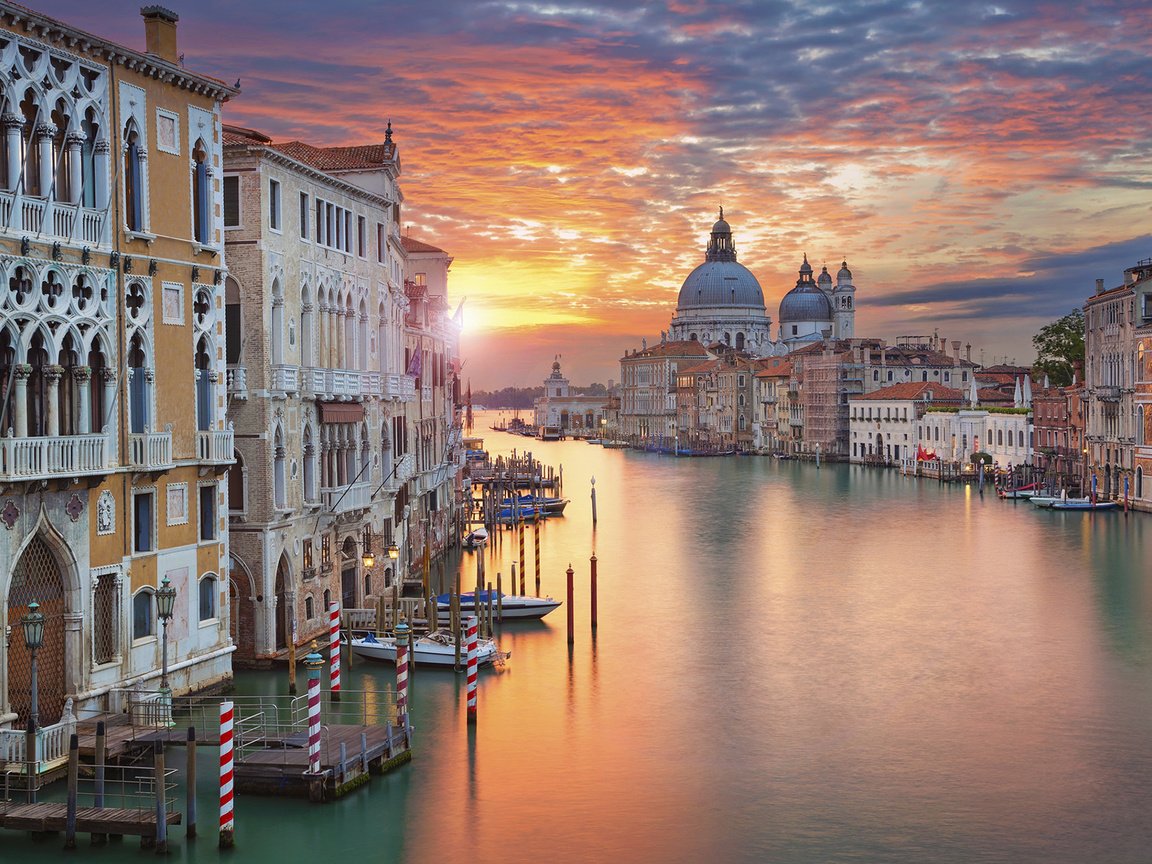
Venice is the most famous and unusual city in the world. It is located in northern Italy on the Adriatic coast. The territory of the city is cut by more than 150 canals and ducts through which more than 400 bridges are thrown.
Venice is a resort city, which is a center of international tourism of world significance, a venue for art and architectural exhibitions, international film festivals. Absolutely unusual atmosphere reigning in the city falls in love with itself at first sight. Narrow streets, with small cozy cafes, sliding gondolas and serenades of gondoliers, set in a romantic mood, and attract lovers from all over the world.
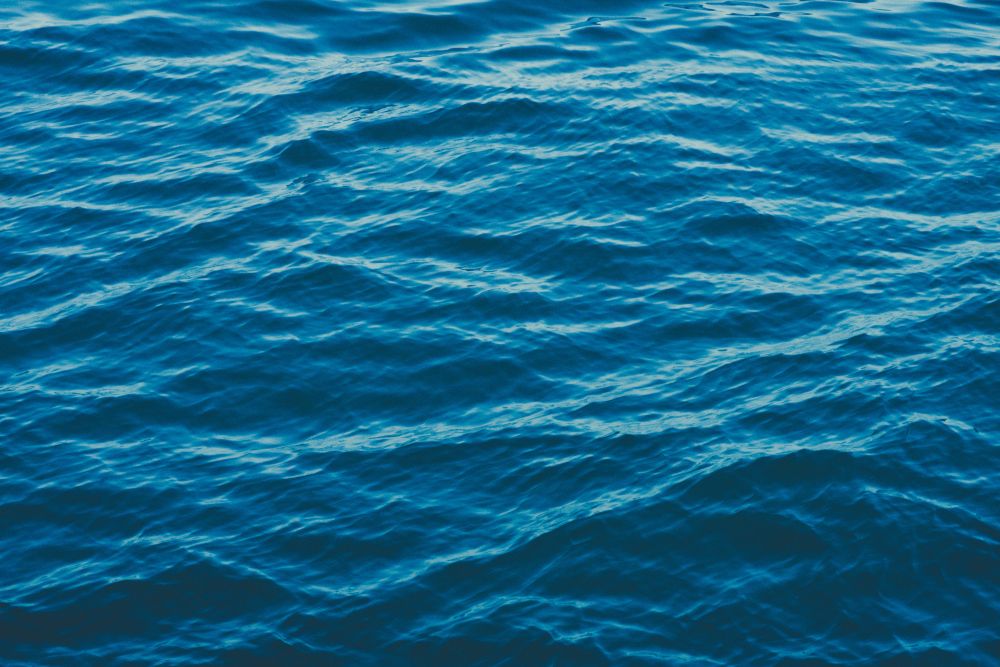
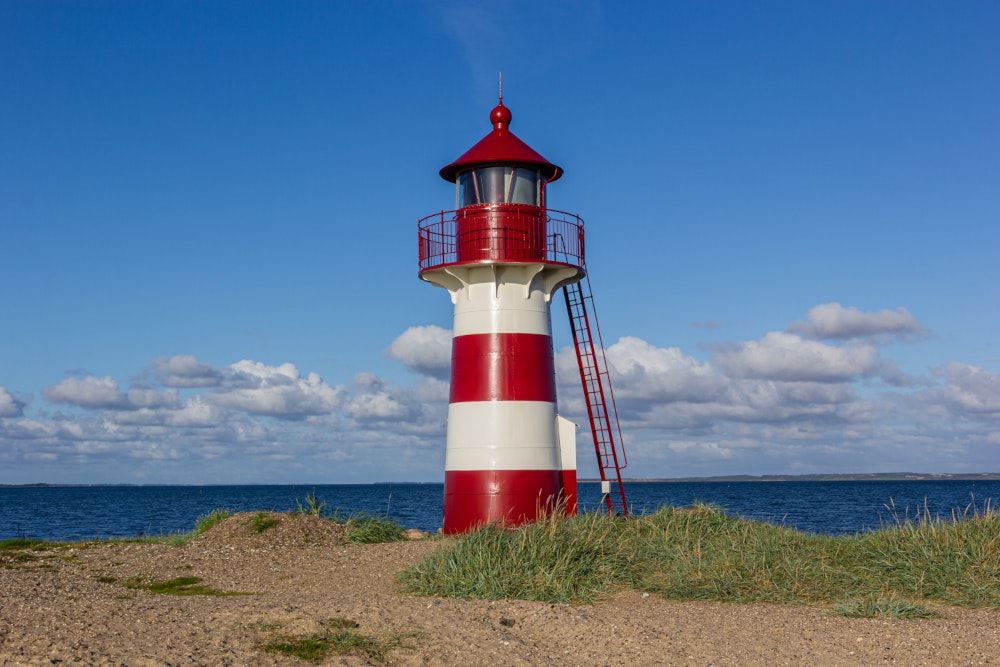
Corfu or Kerkyra is a Greek island in the Ionian Sea. It is the second largest of the Ionian Islands, and, including its small satellite islands, forms the northwesternmost part of Greece. The island is part of the Corfu regional unit, and is administered as a single municipality, which also includes the smaller islands of Ereikoussa, Mathraki and Othonoi. The municipality has an area of 610,9 km2, the island proper 592,8 km2. The principal city of the island and seat of the municipality (pop. 32,095) is also named Corfu. Corfu is home to the Ionian University.
The island is bound up with the history of Greece from the beginnings of Greek mythology. Its history is full of battles and conquests. Ancient Korkyra took part in the Battle of Sybota which was a catalyst for the Peloponnesian War, and, according to Thucydides, the largest naval battle between Greek city states until that time. Thucydides also reports that Korkyra was one of the three great naval powers of fifth century BC Greece, along with Athens and Corinth. Medieval castles punctuating strategic locations across the island are a legacy of struggles in the Middle Ages against invasions by pirates and the Ottomans. Two of these castles enclose its capital, which is the only city in Greece to be surrounded in such a way. As a result, Corfu's capital has been officially declared a Kastropolis ("castle city") by the Greek government. From medieval times and into the 17th century, the island, having successfully repulsed the Ottomans during several sieges, was recognised as a bulwark of the European States against the Ottoman Empireand became one of the most fortified places in Europe. The fortifications of the island were used by the Venetians to defend against Ottoman intrusion into the Adriatic. Corfu eventually fell under British rule following the Napoleonic Wars. Corfu was eventually ceded by the British Empire along with the remaining islands of the United States of the Ionian Islands, and unification with modern Greece was concluded in 1864 under the Treaty of London.
In 2007, the city's old quarter was added to the UNESCO World Heritage List, following a recommendation by ICOMOS.
Corfu is a very popular tourist destination. The island was the location of the 1994 European Union summit.



Sicily is the largest island in the Mediterranean Sea and one of the 20 regions of Italy. It is one of the five Italian autonomous regions, in Southern Italy along with surrounding minor islands, officially referred to as Regione Siciliana.
Sicily is located in the central Mediterranean Sea, south of the Italian Peninsula, from which it is separated by the narrow Strait of Messina. Its most prominent landmark is Mount Etna, the tallest active volcano in Europe, and one of the most active in the world, currently 3,329 m (10,922 ft) high. The island has a typical Mediterranean climate.
The earliest archaeological evidence of human activity on the island dates from as early as 12,000 BC. By around 750 BC, Sicily had three Phoenician and a dozen Greek colonies and, for the next 600 years, it was the site of the Sicilian Wars and the Punic Wars. After the fall of the Roman Empire in the 5th century AD, Sicily was ruled during the Early Middle Ages by the Vandals, the Ostrogoths, the Byzantine Empire, and the Emirate of Sicily. The Norman conquest of southern Italy led to the creation of the Kingdom of Sicily, which was subsequently ruled by the Hohenstaufen, the Capetian House of Anjou, Spain, and the House of Habsburg. It was finally unified under the House of Bourbon with the Kingdom of Naples as the Kingdom of the Two Sicilies. It became part of Italy in 1860 following the Expedition of the Thousand, a revolt led by Giuseppe Garibaldi during the Italian unification, and a plebiscite. Sicily was given special status as an autonomous region on 15th May 1946, 18 days before the Italian constitutional referendum of 1946. Albeit, much of the autonomy still remains unapplied, especially financial autonomy, because the autonomy-activating laws have been deferred to be approved by the parithetic committee (50% Italian State, 50% Regione Siciliana), since 1946.
Sicily has a rich and unique culture, especially with regard to the arts, music, literature, cuisine, and architecture. It is also home to important archaeological and ancient sites, such as the Necropolis of Pantalica, the Valley of the Temples, Erice and Selinunte.













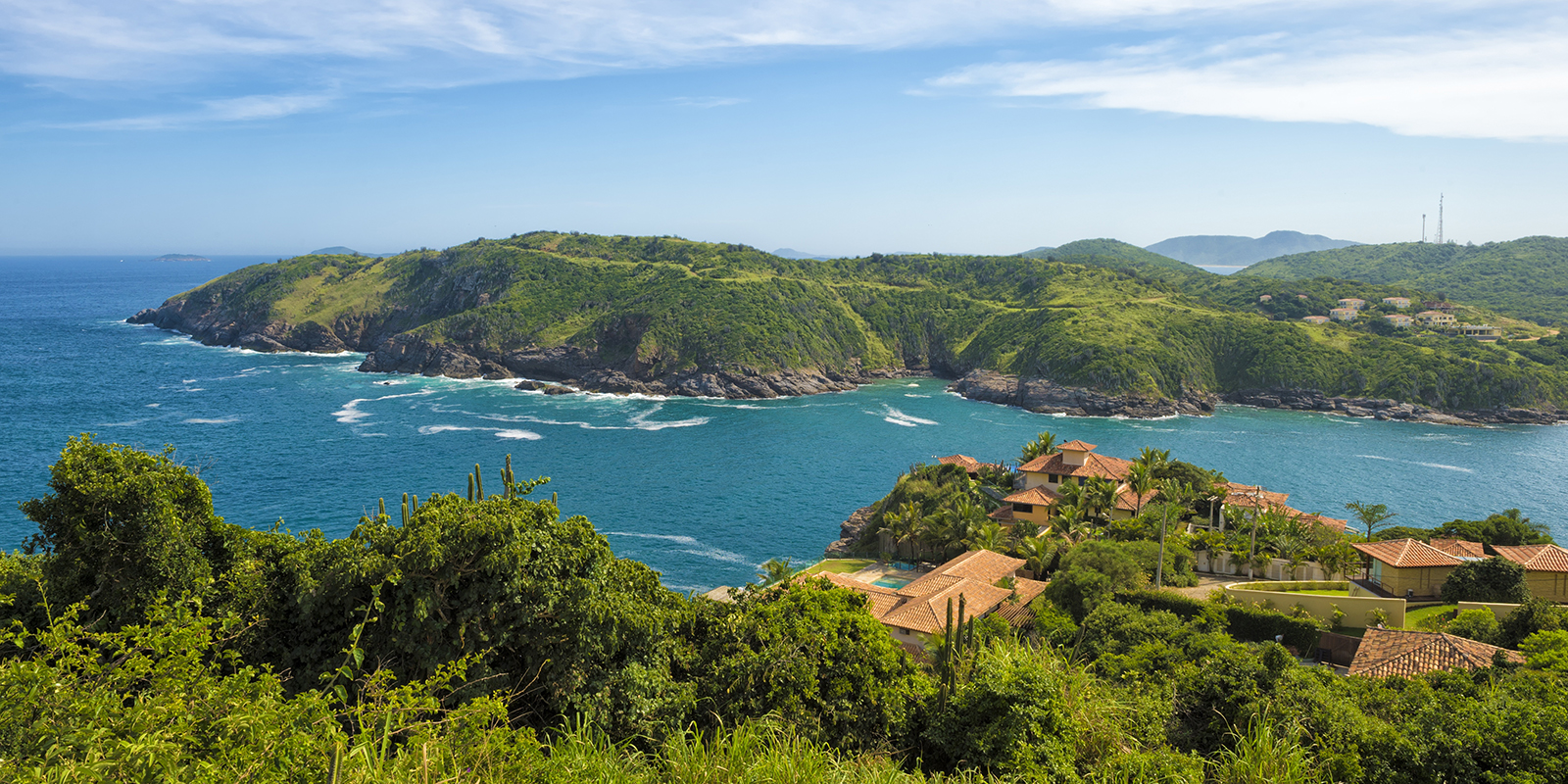
Armação dos Búzios, often referred to as just Búzios, is a resort town and a municipality located in the state of Rio de Janeiro, Brazil. In 2012, its population consisted of 23,463 inhabitants and its area of 69 km². Today, Búzios is a popular getaway from the city and a worldwide tourist site, especially among Brazilians and Argentinians.
In the early 1900s Búzios was an almost unknown village of fishermen. It remained as such until 1964, when the French actress Brigitte Bardot visited Búzios, since then Búzios became popular with the Carioca’s high society, who wanted to escape from the chaotic city life of Rio de Janeiro and enjoy over 23 beaches that the peninsula offers. The city grew to be an international tourist destination.
Today, the peninsula is a travelling site that offers calmness, direct contact with nature and scenic views. The west coast beaches offer calm, clear waters while the east coast ones, facing the open sea, are more wild and draw surfers and water sports enthusiasts. Azeda, Ferradura, João Fernandes and Armação are amongst the most popular beaches in town. At night, Rua das Pedras, Buzios' main street, offers its visitors an active nightlife and a great variety of shopping and restaurants.
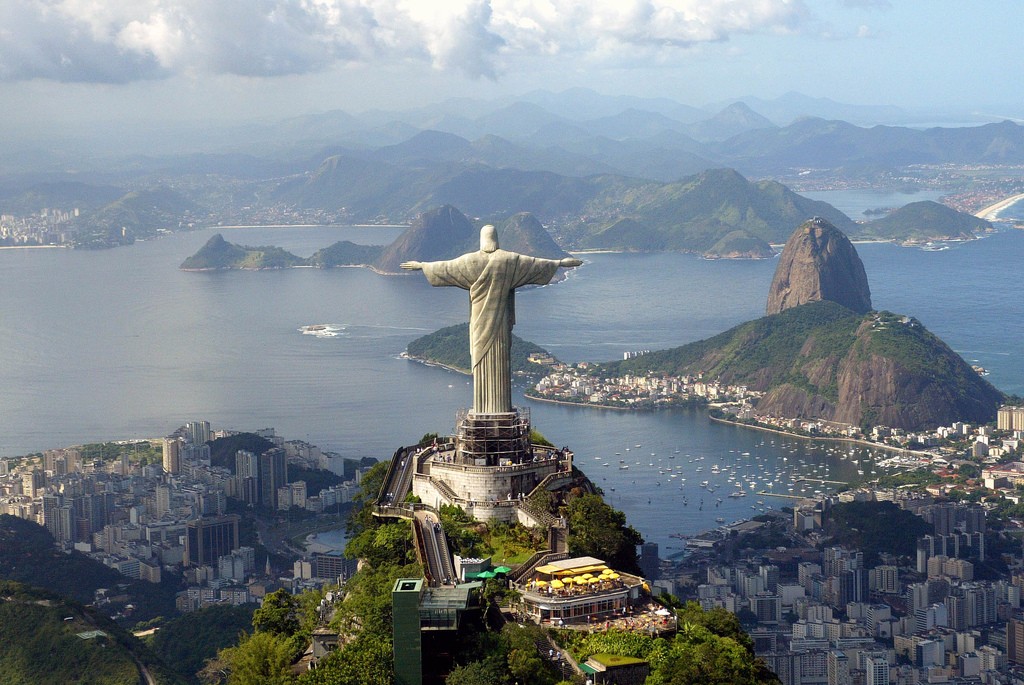
Rio de Janeiro is the second-most populous municipality in Brazil and the sixth-most populous in the Americas. The metropolis is anchor to the Rio de Janeiro metropolitan area, the second-most populous metropolitan area in Brazil and sixth-most populous in the Americas. Rio de Janeiro is the capital of the state of Rio de Janeiro, Brazil's third-most populous state. Part of the city has been designated as a World Heritage Site, named "Rio de Janeiro: CariocaLandscapes between the Mountain and the Sea", by UNESCO on 1 July 2012 as a Cultural Landscape.
Founded in 1565 by the Portuguese, the city was initially the seat of the Captaincy of Rio de Janeiro, a domain of the Portuguese Empire. Later, in 1763, it became the capital of the State of Brazil, a state of the Portuguese Empire. In 1808, when the Portuguese Royal Court transferred itself from Portugal to Brazil, Rio de Janeiro became the chosen seat of the court of Queen Maria I of Portugal, who subsequently, in 1815, under the leadership of her son, the Prince Regent, and future King João VI of Portugal, raised Brazil to the dignity of a kingdom, within the United Kingdom of Portugal, Brazil, and Algarves. Rio stayed the capital of the pluricontinental Lusitanian monarchy until 1822, when the War of Brazilian Independence began. This is one of the few instances in history that the capital of a colonising country officially shifted to a city in one of its colonies. Rio de Janeiro subsequently served as the capital of the independent monarchy, the Empire of Brazil, until 1889, and then the capital of a republican Brazil until 1960 when the capital was transferred to Brasília.
